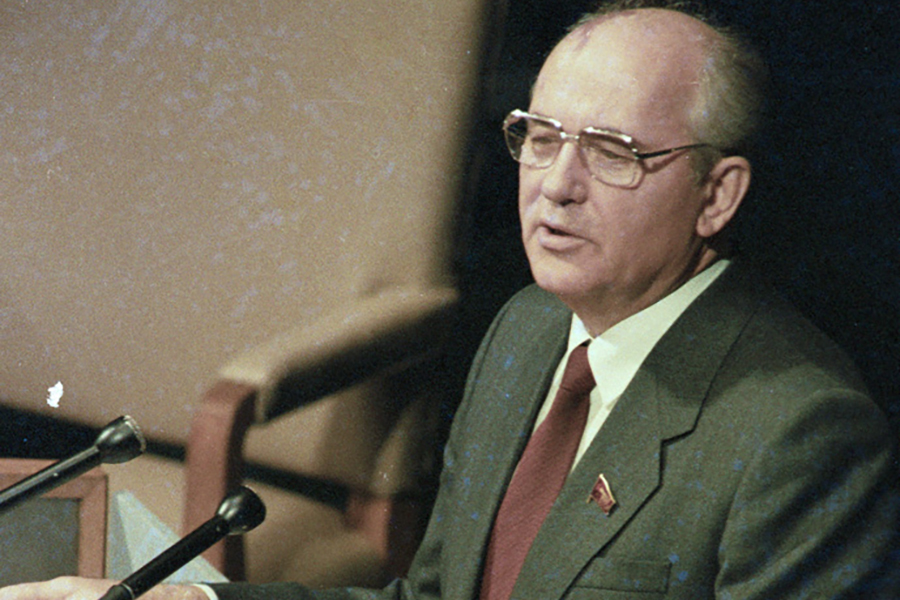During the first months of this year, we have seen once again how fragile is our global world, how great the danger of sliding into chaos. The COVID-19 pandemic is facing all countries with a common threat, and no country can cope with it alone.
The immediate challenge today is to defeat this new, vicious enemy. But even today, we need to start thinking about life after it retreats.
Many are now saying the world will never be the same. But what will it be like? That depends on what lessons will be learned.
I recall how in the mid-1980s, we addressed the nuclear threat. The breakthrough came when we understood that it is our common enemy, a threat to all of us. The leaders of the Soviet Union and the U.S. declared that a nuclear war cannot be won and must never be fought. Then came Reykjavik and the first treaties eliminating nuclear weapons. But even though by now 85% of those arsenals have been destroyed, the threat is still there.
Yet other global challenges remain and have even become more urgent: poverty and inequality, the degradation of the environment, the depletion of the earth and the oceans, the migration crisis. And now, a grim reminder of another threat: diseases and epidemics that in a global, interconnected world can spread with unprecedented speed.
Continue Reading on Time Magazine
Jonathan Granoff is the President of the Global Security Institute, a representative to United Nations of the World Summits of Nobel Peace Laureates, a former Adjunct Professor of International Law at Widener University School of Law, and Senior Advisor to the Committee on National Security American Bar Association International Law Section.








